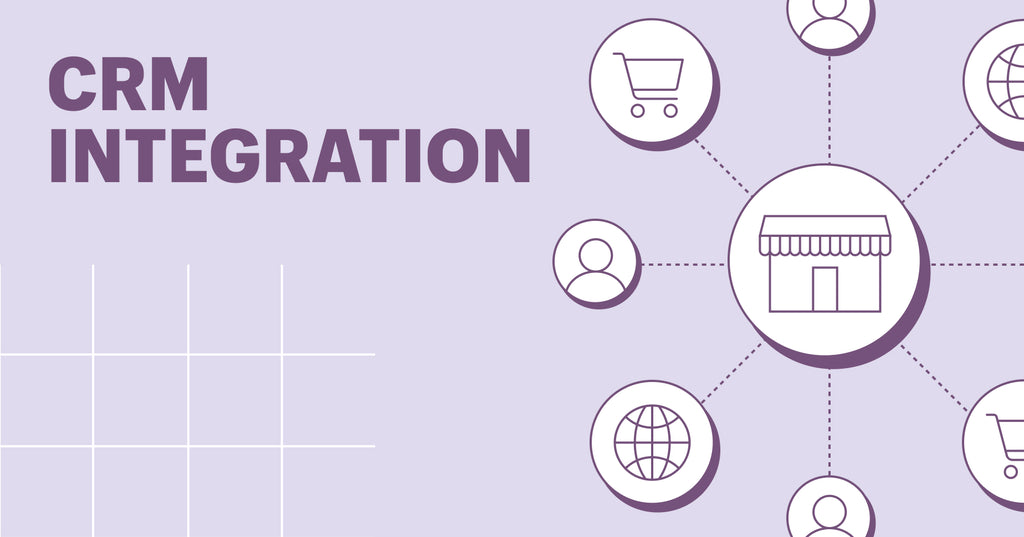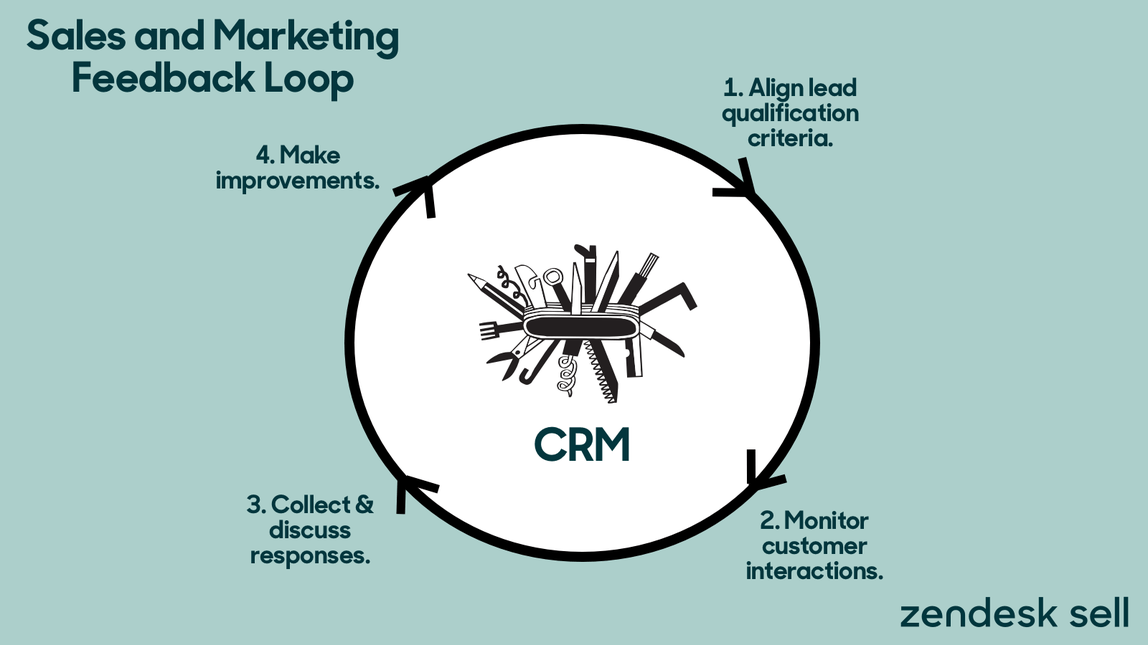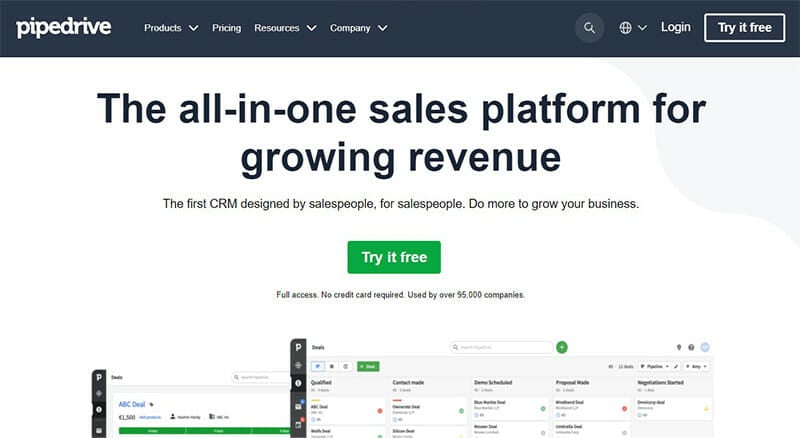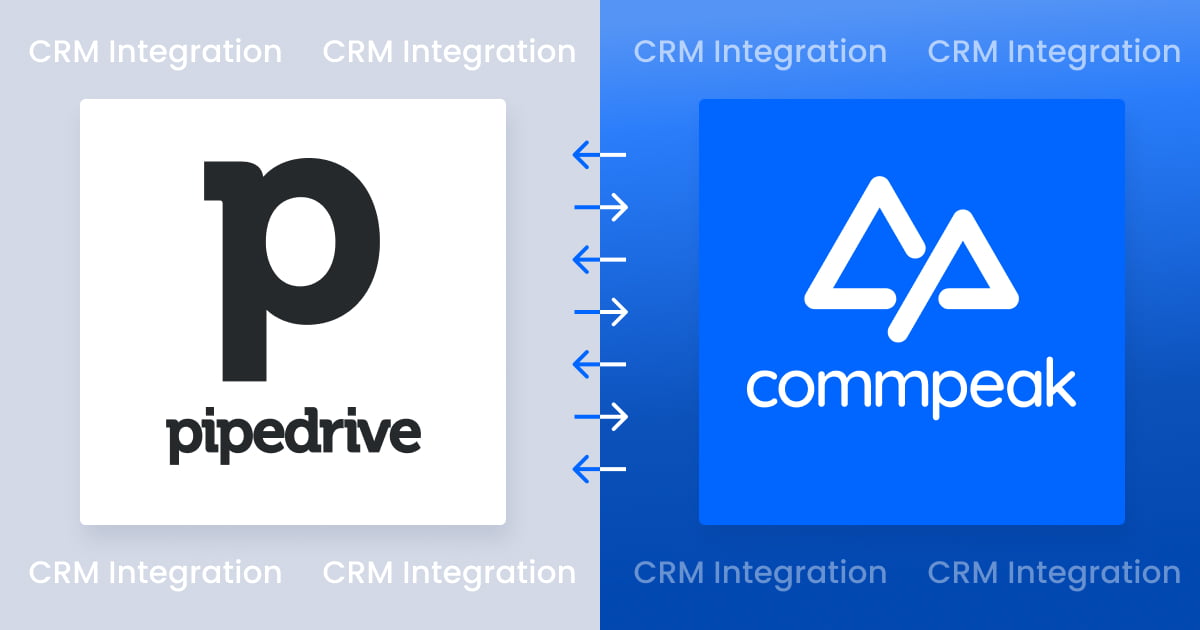Level Up Your Coaching Business: The Ultimate CRM Guide for Small Coaches
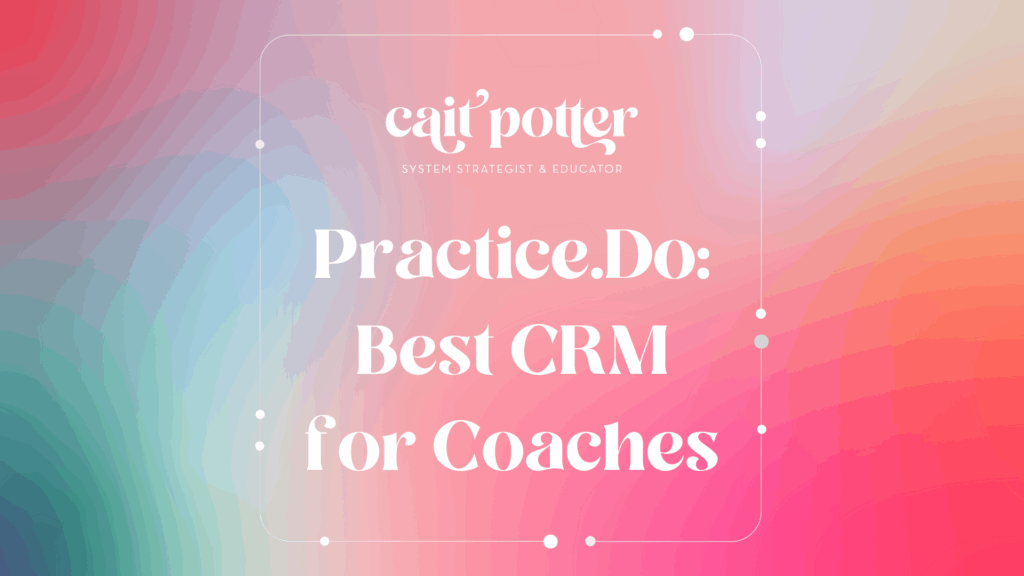
So, you’re a coach. You’re passionate about helping people reach their goals, whether it’s fitness, career, life, or something else entirely. You’re a people person, a motivator, a strategist. But let’s be honest, the administrative side of running your coaching business? Not always your favorite part, right? That’s where a Customer Relationship Management (CRM) system comes in. Think of it as your digital assistant, your organizational guru, and your lead nurturing powerhouse, all rolled into one.
Choosing the right CRM can feel overwhelming, especially when you’re starting out. There are so many options, so many features, and so many price points. But don’t worry, this guide is here to break it all down for you. We’ll explore the best CRM systems specifically tailored for small coaches, helping you streamline your operations, boost your client engagement, and ultimately, grow your business. Get ready to ditch the spreadsheets, the scattered emails, and the constant feeling of being disorganized. It’s time to embrace the power of a well-chosen CRM and watch your coaching business thrive.
Why Do Small Coaches NEED a CRM?
You might be thinking, “I’m a solo coach. Do I really need a CRM?” The short answer is: Absolutely! Here’s why:
- Centralized Client Information: No more hunting through emails, spreadsheets, and sticky notes to find a client’s contact information, session notes, or payment history. A CRM keeps everything in one place, accessible with a few clicks.
- Improved Organization: Stay on top of your schedule, appointments, follow-up tasks, and deadlines. A CRM helps you manage your time effectively, so you can focus on what you do best: coaching.
- Enhanced Client Communication: Send personalized emails, track your interactions, and segment your audience for targeted messaging. A CRM allows you to build stronger relationships with your clients and nurture leads effectively.
- Streamlined Sales Process: Track leads, manage your sales pipeline, and automate tasks like sending proposals or scheduling discovery calls. A CRM helps you convert leads into paying clients more efficiently.
- Data-Driven Insights: Track key metrics like client acquisition cost, conversion rates, and client retention. A CRM provides valuable data that helps you make informed decisions about your business.
- Professionalism and Credibility: Using a CRM gives your business a more professional image, demonstrating that you’re organized, efficient, and committed to providing excellent service.
In essence, a CRM is an investment in your time, your sanity, and the success of your coaching business. It frees you from the tedious administrative tasks, allowing you to focus on what truly matters: helping your clients achieve their goals.
Key Features to Look for in a CRM for Coaches
Not all CRM systems are created equal. When choosing a CRM for your coaching business, it’s crucial to prioritize features that align with your specific needs. Here are some key features to look for:
1. Contact Management
This is the foundation of any good CRM. Look for features like:
- Contact Storage: The ability to store all client information, including contact details, demographics, and custom fields for specific coaching needs.
- Segmentation: The ability to group clients based on different criteria (e.g., niche, goals, progress) for targeted communication.
- Import/Export: Easy import and export of contact data from spreadsheets or other systems.
- Notes and Activity Logging: A place to record notes from coaching sessions, track interactions, and log activities like calls, emails, and meetings.
2. Appointment Scheduling
This feature streamlines the process of booking and managing appointments. Essential features include:
- Online Booking: Allow clients to book appointments directly through your website or a dedicated booking link.
- Calendar Integration: Sync with your existing calendar (e.g., Google Calendar, Outlook) to avoid double bookings.
- Automated Reminders: Send automated appointment reminders via email or SMS to reduce no-shows.
- Time Zone Support: Crucial if you work with clients in different time zones.
3. Email Marketing and Automation
This allows you to nurture leads, communicate with clients, and promote your services effectively. Key features include:
- Email Templates: Create and save email templates for common scenarios (e.g., welcome emails, follow-up emails, appointment confirmations).
- Email Campaigns: Design and send targeted email campaigns to specific client segments.
- Automation Workflows: Automate tasks like sending welcome emails, onboarding sequences, or follow-up emails based on client actions.
- Email Tracking: Track email opens, clicks, and engagement to measure the effectiveness of your campaigns.
4. Sales Pipeline Management
This helps you track leads and manage your sales process. Key features include:
- Lead Tracking: Track leads from initial contact to conversion.
- Pipeline Stages: Define stages in your sales pipeline (e.g., inquiry, discovery call, proposal, closed).
- Task Management: Assign tasks to yourself or your team (if applicable) to move leads through the pipeline.
- Reporting and Analytics: Track key metrics like conversion rates and revenue generated.
5. Payment Processing
Integrating payment processing simplifies the billing process. Features to look for include:
- Integration with Payment Gateways: Integrate with popular payment gateways like Stripe, PayPal, or Square.
- Invoicing: Generate and send professional invoices.
- Subscription Management: Manage recurring payments for ongoing coaching services.
- Payment Tracking: Track payments and outstanding invoices.
6. Reporting and Analytics
This provides valuable insights into your business performance. Features to consider include:
- Key Metrics Tracking: Track key metrics like client acquisition cost, conversion rates, client retention, and revenue.
- Customizable Reports: Generate reports that provide tailored insights based on your specific needs.
- Data Visualization: Visualize your data through charts and graphs for easy understanding.
7. Integrations
The ability to integrate with other tools you use is crucial. Look for integrations with:
- Email Marketing Platforms: (e.g., Mailchimp, ConvertKit)
- Website Builders: (e.g., WordPress, Wix, Squarespace)
- Social Media Platforms: (e.g., Facebook, Instagram)
- Accounting Software: (e.g., QuickBooks, Xero)
- Other Productivity Tools: (e.g., Zapier)
Top CRM Systems for Small Coaches: A Deep Dive
Now that we’ve covered the essential features, let’s explore some of the best CRM systems specifically designed for small coaches. We’ll consider their strengths, weaknesses, pricing, and target audience to help you find the perfect fit.
1. Dubsado
Best for: Coaches looking for a comprehensive, all-in-one solution with robust automation features.
Dubsado is a powerhouse CRM that offers a wide range of features, making it a great choice for coaches who want to streamline their entire business. It’s known for its robust automation capabilities, which allow you to automate everything from lead capture to invoicing and client onboarding.
Key Features:
- Lead Capture Forms: Create custom forms to capture leads from your website or other sources.
- Workflow Automation: Automate tasks like sending proposals, contracts, invoices, and follow-up emails.
- Contracts and Proposals: Create and send professional contracts and proposals directly within the platform.
- Invoicing and Payment Processing: Manage invoices, accept payments, and track income.
- Client Portal: Provide clients with a secure portal to access documents, communicate, and manage their account.
- Scheduler: Integrated scheduler for booking appointments.
Pros:
- Extremely powerful and customizable.
- Excellent automation capabilities.
- All-in-one solution.
- Professional-looking client portal.
Cons:
- Can have a steeper learning curve due to its complexity.
- Pricing can be higher than some other options.
Pricing: Dubsado offers a tiered pricing structure, with plans based on the number of clients you have. They also offer a free trial to get you started. It’s a good investment for coaches serious about growing their business.
2. HoneyBook
Best for: Coaches who prioritize design and a user-friendly interface, with a focus on client experience.
HoneyBook is a popular CRM known for its beautiful design and intuitive user experience. It’s designed to simplify the client management process, from initial inquiry to final payment. It offers a visually appealing interface and a focus on creating a positive client experience.
Key Features:
- Lead Capture Forms: Create forms to capture leads from your website or other sources.
- Proposals and Contracts: Create and send proposals and contracts that are easy to customize and sign.
- Invoicing and Payment Processing: Manage invoices, accept payments, and track income.
- Client Portal: Provide clients with a centralized portal to access documents, communicate, and manage their account.
- Workflow Automation: Automate tasks like sending proposals, contracts, and invoices.
- Project Management: Organize and manage projects with tasks, deadlines, and communication.
Pros:
- Beautiful, user-friendly interface.
- Focus on client experience.
- Good for visual creatives.
- All-in-one solution.
Cons:
- Can be more expensive than other options.
- Automation capabilities are not as robust as some other CRMs.
Pricing: HoneyBook offers a tiered pricing structure based on the number of projects you manage. They offer a free trial to explore its features.
3. ActiveCampaign
Best for: Coaches who prioritize email marketing and automation, with advanced segmentation capabilities.
ActiveCampaign is a powerful CRM and email marketing platform that’s a great option for coaches who want to leverage the power of email marketing to nurture leads and engage with clients. It offers advanced automation features, segmentation capabilities, and a focus on building relationships.
Key Features:
- Email Marketing: Create and send email campaigns, newsletters, and automated email sequences.
- Automation: Create complex automation workflows to nurture leads, onboard clients, and follow up with prospects.
- Segmentation: Segment your audience based on various criteria, such as demographics, behavior, and engagement.
- CRM Features: Manage contacts, track deals, and log activities.
- Sales Automation: Automate tasks like sending proposals, follow-up emails, and appointment reminders.
- Landing Pages: Build landing pages to capture leads and promote your services.
Pros:
- Powerful email marketing and automation capabilities.
- Advanced segmentation options.
- Good for list building and lead nurturing.
- Affordable pricing.
Cons:
- CRM features are not as robust as some other options.
- Can have a steeper learning curve due to its complexity.
Pricing: ActiveCampaign offers a tiered pricing structure based on the number of contacts you have and the features you need. They offer a free trial to get you started.
4. HubSpot CRM
Best for: Coaches who want a free, easy-to-use CRM with powerful features and a focus on inbound marketing.
HubSpot CRM is a popular choice for coaches because it offers a free plan with a wide range of features. It’s a great option for those just starting out or who want a simple, user-friendly CRM. It also integrates seamlessly with HubSpot’s other marketing and sales tools.
Key Features:
- Contact Management: Store and manage all your contact information.
- Deal Tracking: Track leads and manage your sales pipeline.
- Email Tracking: Track email opens and clicks.
- Task Management: Create and manage tasks to stay organized.
- Meeting Scheduling: Integrate with your calendar to allow clients to book appointments.
- Reporting and Analytics: Track key metrics and gain insights into your business performance.
Pros:
- Free plan with a wide range of features.
- User-friendly interface.
- Excellent integrations with other HubSpot tools.
- Good for inbound marketing.
Cons:
- Free plan has limitations on features and usage.
- CRM features are not as robust as some other options.
Pricing: HubSpot CRM offers a free plan with a generous set of features. They also offer paid plans with more advanced features and capabilities.
5. Pipedrive
Best for: Coaches who prioritize sales pipeline management and a visual, intuitive interface.
Pipedrive is a sales-focused CRM that’s known for its visual interface and intuitive sales pipeline management features. It’s a great option for coaches who want to track their leads and manage their sales process efficiently.
Key Features:
- Visual Sales Pipeline: Visualize your sales pipeline and track leads through each stage.
- Deal Tracking: Track leads and manage deals.
- Activity Tracking: Log activities like calls, emails, and meetings.
- Automation: Automate tasks like sending emails and setting reminders.
- Reporting and Analytics: Track key metrics and gain insights into your sales performance.
- Integrations: Integrate with other tools you use, such as email marketing platforms and payment gateways.
Pros:
- Visual and intuitive interface.
- Excellent sales pipeline management features.
- Easy to use.
- Good for sales-focused coaches.
Cons:
- CRM features are not as robust as some other options.
- Email marketing features are limited.
Pricing: Pipedrive offers a tiered pricing structure based on the number of users and the features you need. They offer a free trial to get you started.
How to Choose the Right CRM for YOU
Choosing the right CRM is a personal decision. Here’s a step-by-step guide to help you make the right choice:
- Assess Your Needs: Before you start researching, take some time to identify your specific needs and goals. What are your biggest pain points? What features are most important to you? What is your budget?
- Define Your Budget: CRM systems vary in price, from free to hundreds of dollars per month. Determine how much you’re willing to spend on a CRM. Remember to factor in the cost of any add-ons or integrations.
- Research Your Options: Once you know your needs and budget, start researching different CRM systems. Read reviews, compare features, and consider the pros and cons of each option. The CRM systems we discussed above are a great place to start.
- Try Free Trials: Most CRM systems offer free trials. Take advantage of these trials to test out the features and see if the system is a good fit for you. This is the best way to get a feel for the user interface and functionality.
- Consider Integrations: Make sure the CRM you choose integrates with the other tools you use, such as your email marketing platform, website builder, and payment gateway. Integrations can save you time and streamline your workflow.
- Think About Scalability: Choose a CRM that can grow with your business. As your business expands, you’ll want a CRM that can handle more contacts, features, and users.
- Read Reviews and Testimonials: See what other coaches are saying about the CRM systems you’re considering. Read reviews and testimonials to get insights into the user experience and the effectiveness of the system.
By following these steps, you can find the perfect CRM system to help you streamline your operations, boost your client engagement, and grow your coaching business.
Tips for Implementing Your New CRM
Once you’ve chosen a CRM, the real work begins: implementing it. Here are some tips to help you get started:
- Import Your Data: Import your existing client data from spreadsheets or other systems into your CRM. Make sure your data is clean and organized before importing it.
- Customize Your CRM: Customize your CRM to fit your specific needs. Set up custom fields, create email templates, and configure automation workflows.
- Train Yourself (and Your Team, if applicable): Take the time to learn how to use all the features of your CRM. Watch tutorials, read documentation, and practice using the system. If you have a team, train them on how to use the CRM as well.
- Integrate with Other Tools: Integrate your CRM with the other tools you use, such as your email marketing platform, website builder, and payment gateway.
- Start Small: Don’t try to implement everything at once. Start with the core features and gradually add more features as you become more comfortable with the system.
- Monitor and Optimize: Regularly monitor your CRM to see how it’s performing. Track your key metrics and make adjustments as needed to optimize your workflow.
- Seek Support: Don’t be afraid to seek support from the CRM provider or other users. Most CRM systems offer excellent customer support and online resources.
By following these tips, you can ensure a smooth and successful implementation of your new CRM.
The Bottom Line: Invest in Your Success
Choosing and implementing a CRM system is an investment in your coaching business. It’s an investment in your time, your efficiency, and your ability to provide excellent service to your clients. While it might seem like a daunting task at first, the benefits of a well-chosen CRM are undeniable. It can free you from the administrative drudgery, allowing you to focus on what you love: coaching and helping your clients achieve their goals.
So, take the time to research your options, choose the CRM that’s right for you, and implement it effectively. You’ll be amazed at the difference it makes in your business. Embrace the power of a CRM and watch your coaching business thrive!

